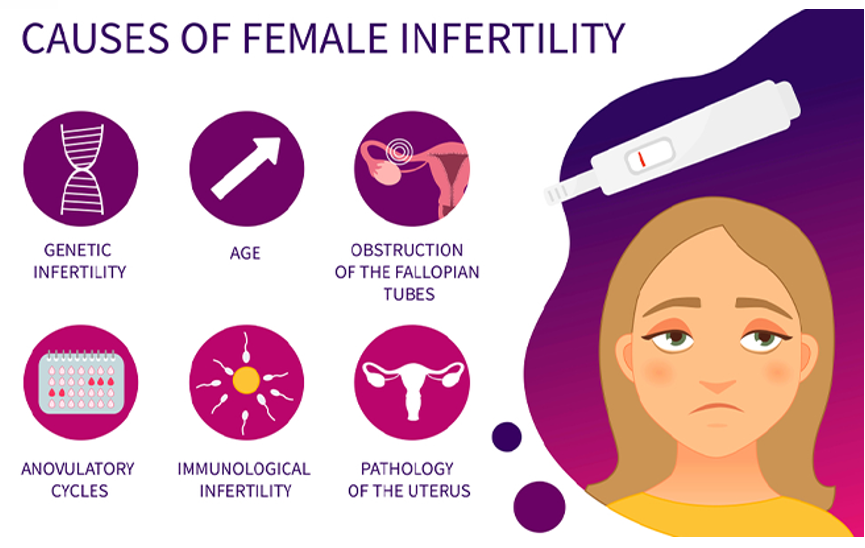Fertility and Pregnancy
According to the website NHS trying for a baby
- Age
- General health
- Reproductive health
- Frequency of sexual intercourse
Fertility
Most couples will get pregnant within a year if they have regular sex and don't use contraception. However, women become less fertile as they get older. The effect of age on men's fertility is less clear.
What does 'regular sex' mean?
Having regular sex means having sex every 2 to 3 days throughout the month. Some couples may try having sex when the woman ovulates (releases an egg). Experts advise to not worry about the timing of when they have sex if it makes them feel stressed.
Fertility problems
Lots of factors can cause fertility problems, including:
- Hormonal (endocrine) disorders, such as Polycystic Ovary Syndrome (PCOS) and problems with the thyroid or pituitary glands.
- Physical disorders, such as Obesity, Anorexia Nervosa or excessive exercise.
- Disorders of the reproductive system, such as infections, blocked fallopian tubes, Endometriosis or a low sperm count.
- Menopause.
Some of these factors affect either women or men. The most common causes are ovulation failure (which can be caused by lots of different things in women) and sperm disorders in men. Read more detailed information about the causes of infertility here.
What can the community pharmacy do to assist women with their fertility?
Clearly one of the most effective ways to support women is for pharmacy staff to have a much greater awareness on fertility and fertility problems to be able to offer advice and signpost patients / customers to support and guidance.
The NHS planning a pregnancy website has lots of useful information on planning a pregnancy and pharmacy staff are advised to familiarise themselves with the contents.
There might also be the opportunity to sell specific products for example ovulation testing kits, pregnancy testing kits and specific thermometers for measuring basal body temperature.



